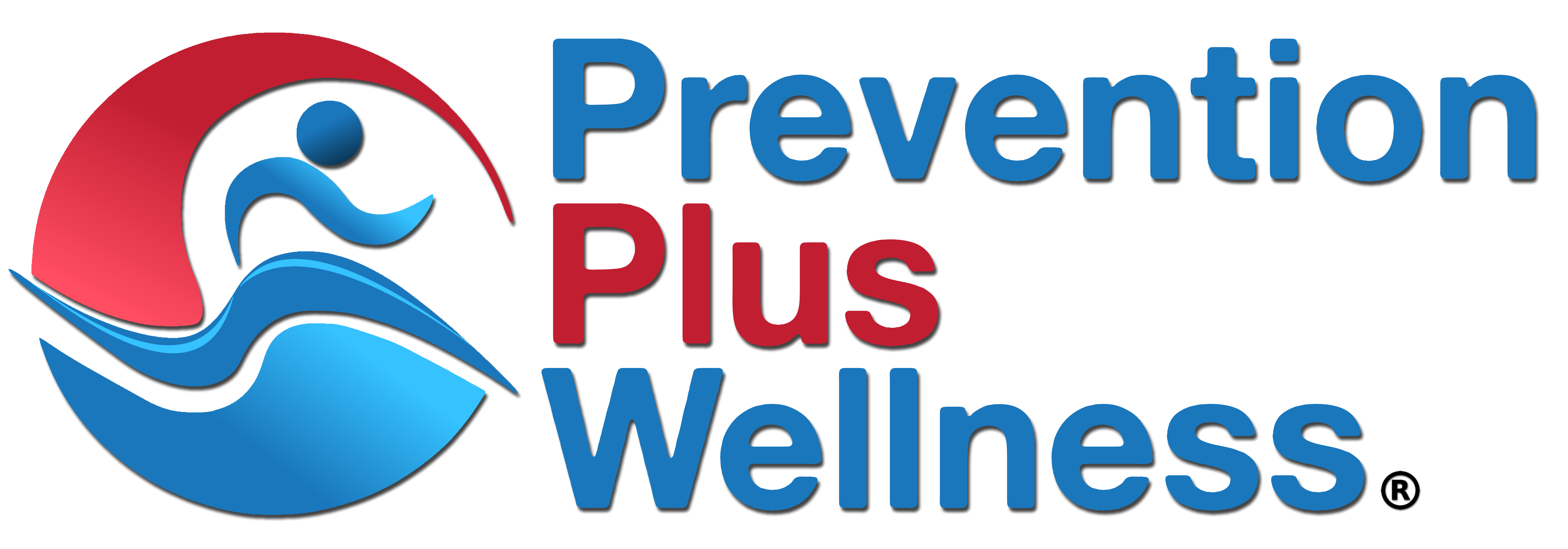As I suspect many of you have already heard by now, the US Department of Health and Human Services (HHS), Substance Abuse and Mental Health Services Administration (SAMHSA) shut down the National Registry of Evidence-based Programs and Practices (NREPP).
The reasons and remedy for this action, as described in a statement by Assistant Secretary for Mental Health and Substance Use, Dr. Elinore F. McCance-Katz, MD, PhD, include:
- A skewed system of identifying evidence-based programs (EBPs) that do not address the spectrum of needs of those with serious mental illness and substance use disorders.
- The current system is flawed and has resulted in some EBPs that are “irrelevant,” lack sufficient evidence, or represent a biased self-selection.
- SAMHSA will move its EBPs implementation efforts to using its technical assistance and training resources.
Read the full statement by the Assistant Secretary: https://www.samhsa.gov/newsroom/press-announcements/201801110330
An article published in the Scientific American (STAT Public Health) assessed the impact of SAMHSA’s decision to end NREPP.
Key points provided in the article included:
- It is currently unknown how or when SAMHSA will resume work on the registry.
- Mainstream medicine has embraced an evidence-based approach, so patients don’t receive useless care.
- Behavioral health has lagged in this process because it is harder to demonstrate an effective intervention due to a level of subjectivity.
- NREPP has been the “gold seal” of approval for EBPs and its demise will make it harder for people and families struggling with addiction to find programs that work.
Read the entire Scientific American article: https://www.scientificamerican.com/article/trump-administration-halts-program-that-evaluates-substance-abuse-and-behavioral-health-therapies/
An excellent post by Scott Bryant-Comstock, President and CEO of the Children’s Mental Health Network describes the significant changes that have transpired recently at SAMHSA preceding the closing of NREPP.
One quote in this article that caught my eye was that “prevention was a mere afterthought in discussions” leading to the new changes at SAMHSA.
The good news is that this post provides some important advocacy actions which I think are particularly relevant for those of us concerned about and working in the substance use prevention and education field.
Read the entire article: https://ebpconsortium.com/scienceandfunding/eventsandconcerns/
Conclusions
Based on the shifting status of NREPP, I think the following suggestions should be considered:
- While NREPP is frozen, it is still currently online and can continue to be used for learning about and selecting EBPs: https://www.samhsa.gov/nrepp.
- There are several other national, as well as state-wide EBPs data bases that can be used in lieu of NREPP. For example:
- Blueprints for Healthy Youth Development: http://www.blueprintsprograms.com/
- Clearinghouse for Military Family Readiness: https://militaryfamilies.psu.edu/
- Child Trends: https://www.childtrends.org/
- Washington State Institute for Public Policy: http://www.wsipp.wa.gov/
- Listing on an EBPs data base should be determined by the quality of the research evaluating a program or practice. Ideally, this research should be reported in refereed-published journals. Therefore, while potentially time consuming, individuals and organizations can always search online for published studies to assess the evidence available regarding the effectiveness of a program or practice. Google Scholar is a quick and easy to use tool to conduct your searches: https://scholar.google.com/
- Substance use prevention, education and health specialists, organizations and agencies should advocate hard for an EBPs process that identifies and disseminates a broad range of evidence-based programs that are practical, effective and cost-effective in preventing substance use and promoting the well-being and positive development of America’s youth and young adults. We have lots of work to do in this regard. Let’s get going.
For those interested in learning more about the single-session SPORT and InShape Prevention Plus Wellness EBPs, they are not only listed on NREPP, but they can be found on the other evidence-based data bases listed above under item #2.
You can also read about the research-evidence supporting these unique screening and brief interventions at the links below:
- SPORT Prevention Plus Wellness Program Research Evidence: https://preventionpluswellness.com/pages/published-research-evaluation-sport-ppw
- InShape Prevention Plus Wellness Program Research Evidence: https://preventionpluswellness.com/pages/published-research-evaluating-inshape-ppw

